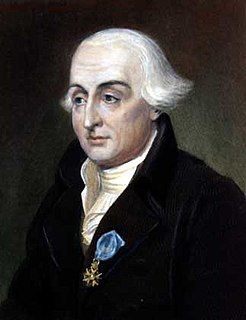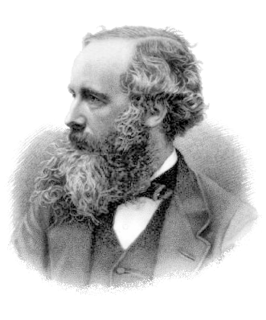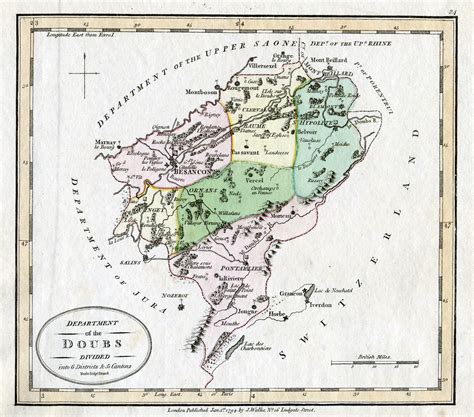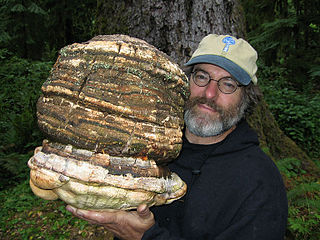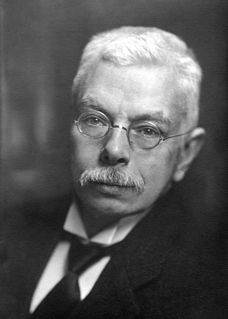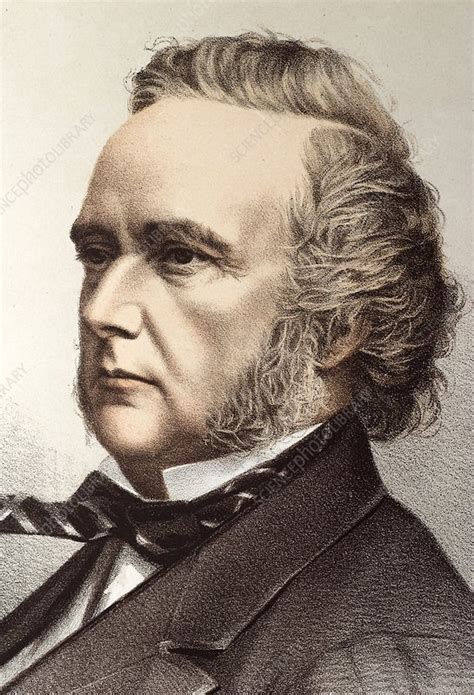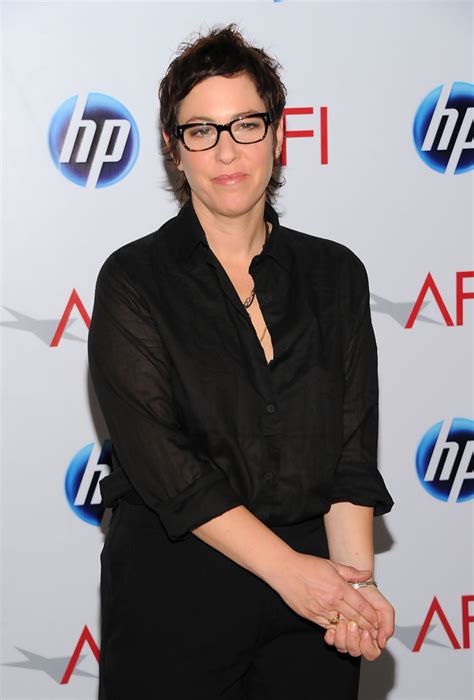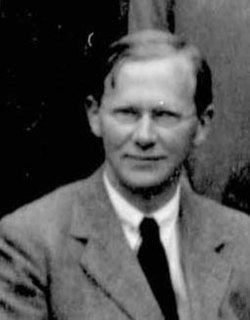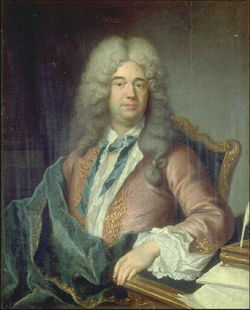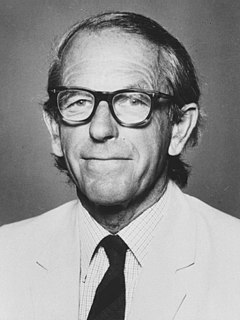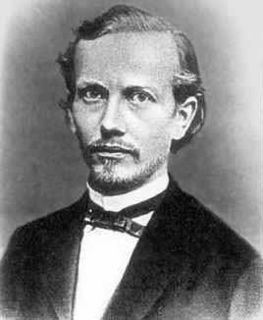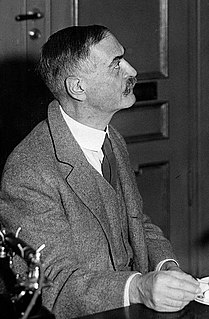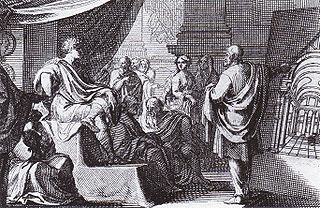Top 890 Sciences Quotes & Sayings - Page 9
Explore popular Sciences quotes.
Last updated on April 22, 2025.
There's a lot wrong [with American universities]. I'd remove 3/4 of the faculty - everything but the hard sciences. But nobody's going to do that, so we'll have to live with the defects. It's amazing how wrongheaded [the teaching is]. There is fatal disconnectedness. You have these squirrelly people in each department who don't see the big picture.
[The infinitely small] neither have nor can have theory; it is a dangerous instrument in the hands of beginners [ ... ] anticipating, for my part, the judgement of posterity, I would dare predict that this method will be accused one day, and rightly, of having retarded the progress of the mathematical sciences.
The usefulness of mathematics in furthering the sciences is commonly acknowledged: but outside the ranks of the experts there is little inquiry into its nature and purpose as a deliberate human activity. Doubtless this is due to the inevitable drawback that mathematical study is saturated with technicalities from beginning to end.
Insofar as the universities are free and independent, they will also be "subversive," in the sense that dominant structures of power and their ideological support will be subjected to challenge and critique, a counterpart to attitudes that are fostered in the hard sciences wherever they are taken seriously.
The morphological characteristics of plant and animal species form the chief subject of the descriptive natural sciences and are the criteria for their classification. But not until recently has it been recognized that in living organisms, as in the realm of crystals, chemical differences parallel the variation in structure.

